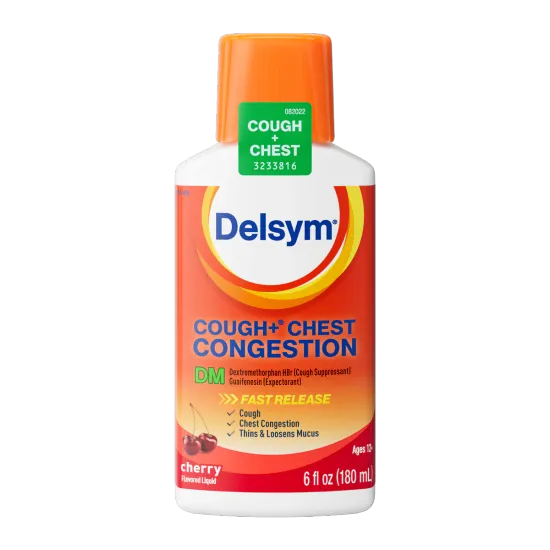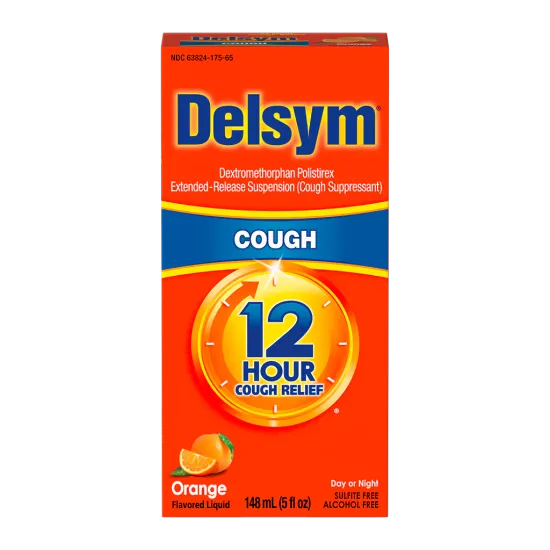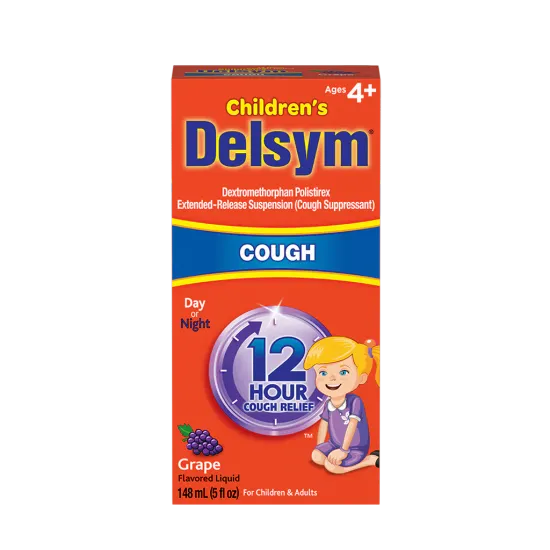
The Difference Between an Allergy Cough and a Cold or Flu Dry Cough



COUGH FROM ALLERGIES VS. COUGH FROM COLD OR FLU
Annoying dry coughs typically stem from either allergies or cold and flu. We’ve put together a helpful guide to help you tell the difference between the two causes — and find relief — but if you have concerns about your cough, it’s best to visit your doctor for an official diagnosis.
A Common Underlying Cause
Whether you’re suffering from allergies or a cough related to infectious illness, the underlying “cough reflex” is the same. A cough begins when special nerve endings in your airways detect some sort of disturbance, then relay signals up to your brain that something’s going on in your respiratory system. Once your brain processes enough signals to “decide” that something might be wrong, it sends a chemical signal back down to initiate the cough.
That lung-brain communication stays the same, no matter what caused your cough. Allergy-related coughs might be triggered by irritation in your airways caused by an inappropriate or overly sensitive immune response to a relatively harmless particle (like pollen), while cold- or flu-related inflammation is caused by a viral infection.
Allergies vs. Cold or Flu: The Timing
If your cough stems from an allergy, as opposed to cold or flu, you’ll notice some differences in the timing of your symptoms. Allergy-related coughing might start in response to a change in the season if an allergen is present in some weather conditions but not others. You might also notice more coughing in certain settings. For example, you might feel fine at the office, but start coughing at night due to allergens in your home like animal dander or smoke. Allergy-related coughing might affect you for weeks or even months at a time, and your symptoms might vary in intensity from one day to the next.
If your coughing is caused by a cold or flu, your symptoms will likely come on fiercely over the course of a few days, then gradually taper off as you get better. While you might notice some variation in the timing of your symptoms, like coughing more severely at night than during the day, you’re not likely to see the same fluctuations you may notice in coughs triggered by allergies.
Allergies vs. Cold or Flu: Your Other Symptoms
You might be able to decipher your cough by looking at the other symptoms you experience alongside it. While cold, flu and allergies share some common symptoms like sneezing and a stuffy or runny nose, they’ll usually differ in other ways. Allergies can trigger itchy eyes, an itchy palate or throat and dark circles under your eyes. These dark circles are also known as allergic shiners and are related to chronic untreated allergies.
If your coughing stems from a cold or flu, you might feel fatigued or achy, have a fever or (in the case of a flu) feel sick to your stomach. Your cough might morph from dry to wet and mucus-filled – or vice versa – as you develop (and recover from) your cold or flu.
Getting Effective Cough Relief
Even though allergy, cold and flu dry coughs have some differences, an over-the-counter medication like Delsym® 12 Hour Cough Relief can be effective. It acts on the cough center in your brain to control coughing, so it can provide up to 12 hours of cough relief regardless of the cause.
If Delsym® 12 Hour Cough Relief isn’t controlling your cough effectively, make an appointment with your doctor to rule out a more serious underlying health issue. You should also see your doctor if you’re running a fever of 103 degrees F or higher, you start to feel light-headed or have trouble breathing, or you have an underlying health condition that might be complicated by your cough (like lung or kidney disease, heart failure, COPD or asthma).
Summary
Dry coughs might have one thing in common, but they can have a few underlying causes, including allergies and the cold or flu.
References
Keywords
- allergy cough
- allergies vs cold
- allergies vs flu
.avif)